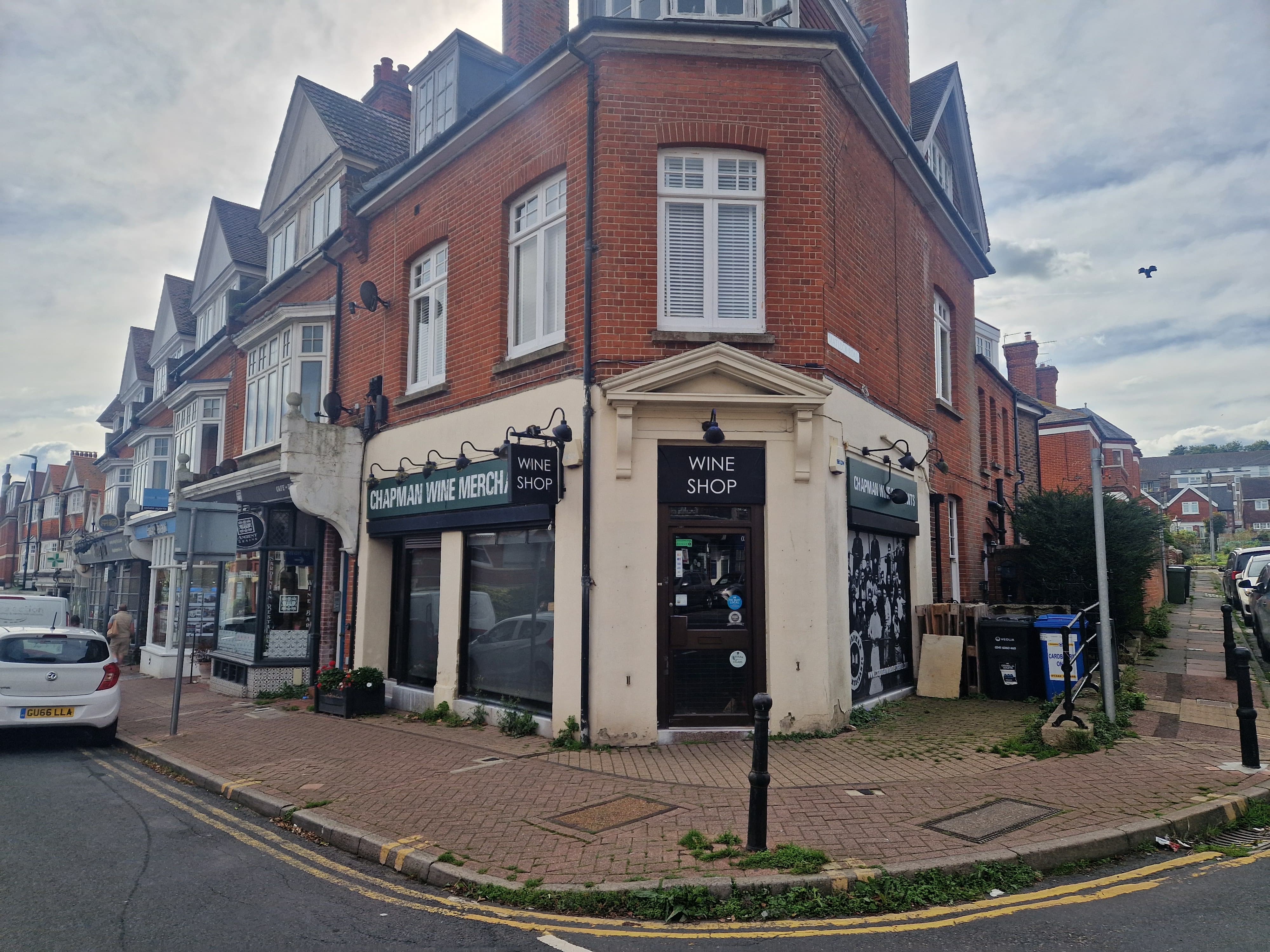
Airbnb has become a phenomenon in the last few years. It provides people with flexibility with their property investment and allows them to use their property to generate extra income.
A block of flats is essentially communal living with shared common spaces outside their flats for which all the leaseholders pay to provide services such as cleaning, lighting, heating, and repairs and maintenance. The landlord also has an obligation to maintain safety and proactively manage preventable hazards like fire, trips and falls. Under normal circumstances, the normal traffic through communal spaces, such as hallways and stairs experience a generally accepted level of wear and tear.
However, when a flat or flats are let out through the likes of Airbnb, these lettings are frequently for very short periods, sometimes a weekend, a few days or a week or two. A key issue is the likely disturbance to other residents caused by the use of the flat for short periods, with the resulting increase in the level of arrivals and departures. This can increase the traffic through these communal parts of the building, particularly the stairs, landings and hallways substantially. This is compared to what would be the case if the flat in question was occupied by a permanent occupying single family for the same period.
It is certainly the experience in many cases these short-term visitors are less careful about noise, rubbish and damage to these spaces, leaving the leaseholders to pick up the cost of these through their service charges. In some cases, blocks of flats have suffered through noise disturbance from loud parties and party-goers and visits from the police attending after complaints have been received.
But that is not the whole story. Leasehold flats are subject to leases, and the covenants in those leases may contain a number of stipulations which prevent the unlawful use of the flat for such things as short term lettings and may cause the leaseholder and Airbnb landlord to breach his lease and also put him at odds with other leaseholders and residents in the building. Almost all leases contain the provision that residents in the building should not be unduly disturbed by noise, that loud noises are prohibited between certain hours of the evening and night, and that at all times the leaseholder is entitled to “quiet enjoyment” of their home. The lease covenants may include that the flat may only be occupied as the residence of a single family only. “Residence” in this context is as a permanent family home. There may also be a covenant preventing the leaseholder from using the flat for holiday lettings, or using it for business purposes. If any of these and other related covenants are broken, then the leaseholder can face legal action and substantial costs taken by their landlord or management company for the unlawful use of the property.
Over the past few years, there has been a growth in cases where not only leaseholders are utilising the income stream from Airbnb, but also sub-let tenants taking Assured Shorthold Tenancies and then sub-letting their flats through sites like Airbnb. The leaseholder may not initially be aware his sub-let tenant has been doing this and may not have consented to this. Nevertheless, it is the leaseholder who will bear the cost of a legal action for breach of lease.
